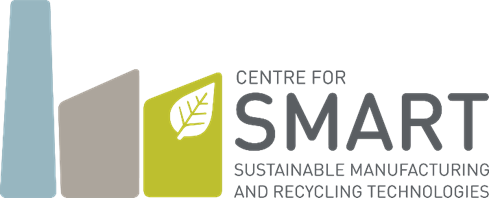By Mohd. Shoaib, Research Associate, School of Business and Economics, Loughborough University
As a researcher within the Circular Economy of Small Medical Devices (ReMed) research project, I had the privilege of attending the Operational Research Society (ORS) Annual Conference ‘OR65’ and Early Career Researcher (ECR) Workshop, from 10th – 14th September 2023, in the picturesque city of Bath, UK.
The ECR workshop provided a great platform for early career researchers, including PhD students, Post-Doctoral researchers and lecturers, to network with peers and learn about the research funding landscape in the UK. Several important talks and interactive sessions were organised for the participants, to hear from leading academics about publications and writing successful grant applications. Prof Antuela Tako, Co-Investigator of the ReMed project, delivered an invaluable and insightful talk on publishing academic research. Her candid insights into her career journey, the challenges she faced, and importance of quality over quantity left a lasting impression on all attendees.
The OR65 conference commenced on Tuesday with a welcome note by the Dean of the School of Management, University of Bath, Prof Steve Brammer and the Chairs of the Conference. The conference attracted researchers and academics from around the globe to delve into state-of-the-art research in the field of Operational Research (OR). The conference provided a vibrant environment for practitioners and academics to share their work, insights, and experiences, enriching the audience’s knowledge. Various parallel tracks were run over the three days of the conference, and covered topics including: Sustainable Development Goals, Systems Thinking, Transportation, Behavioural OR and health and social care.
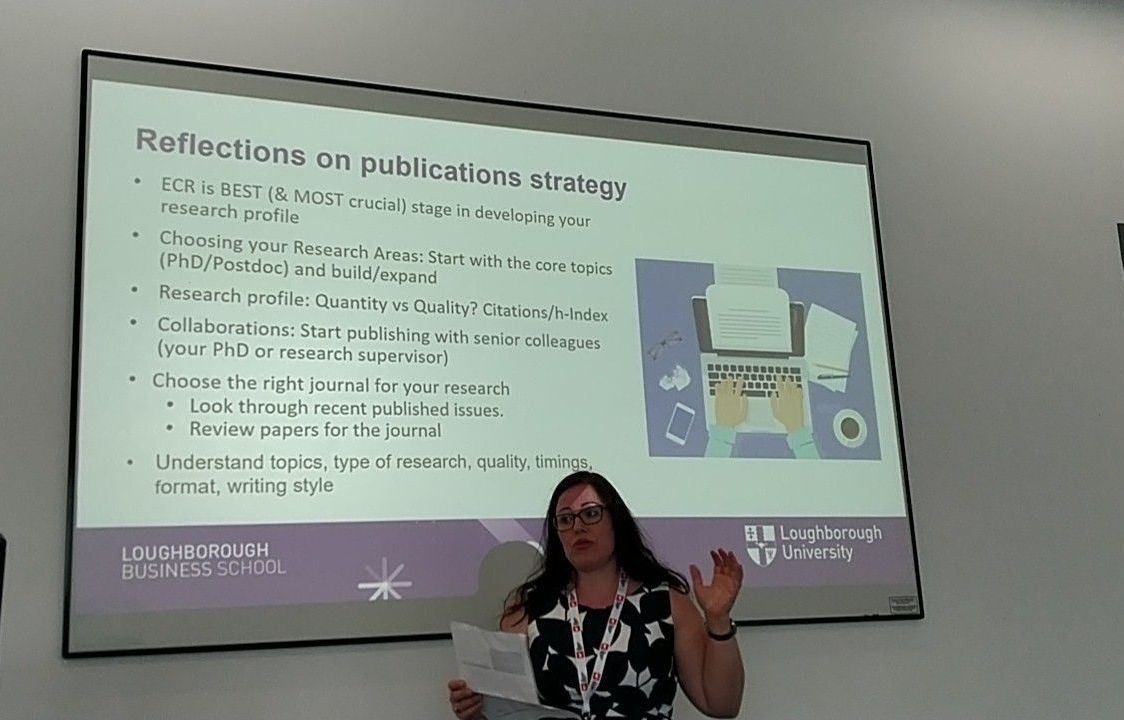
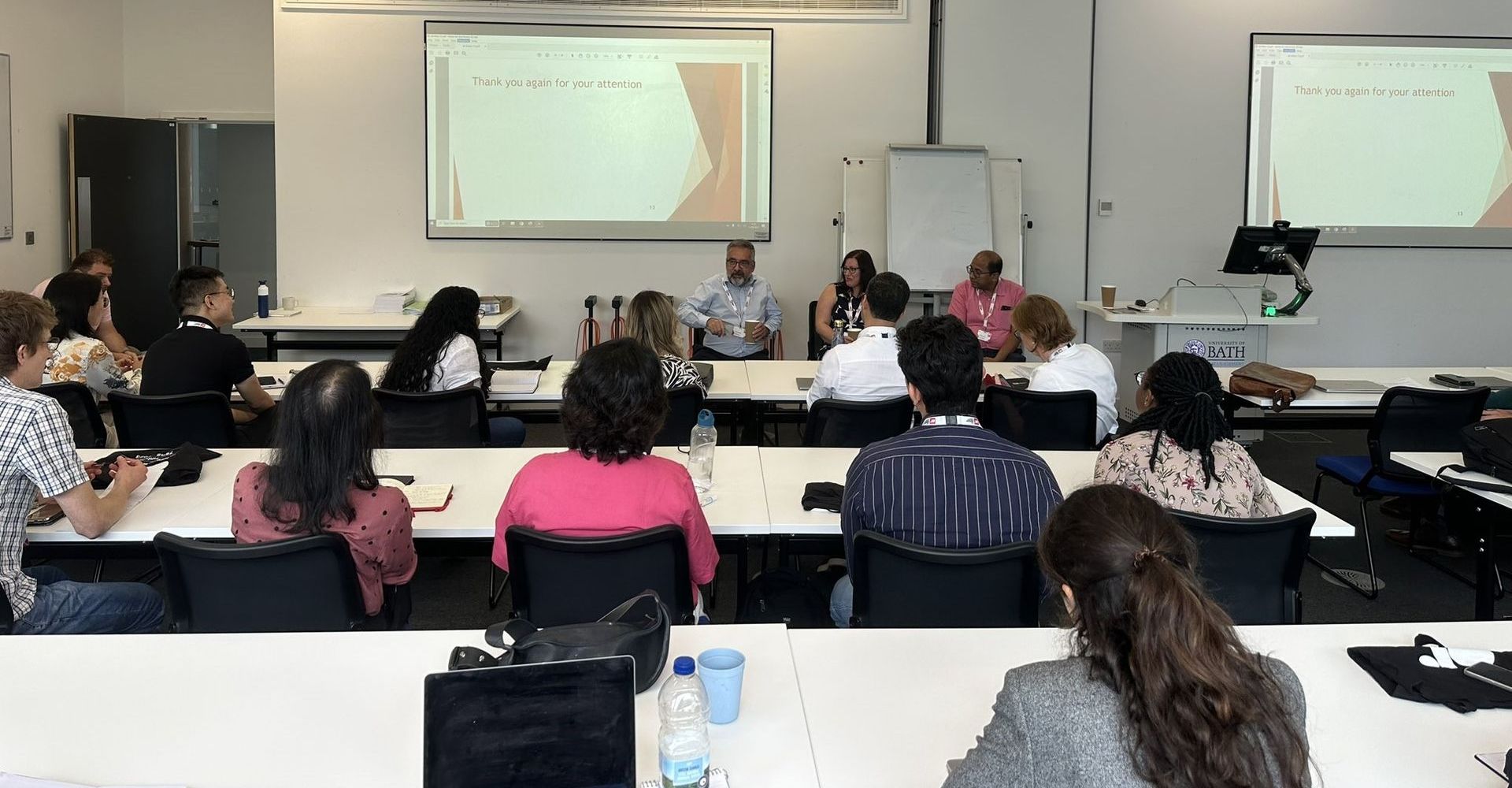
Download Presentation Slides:
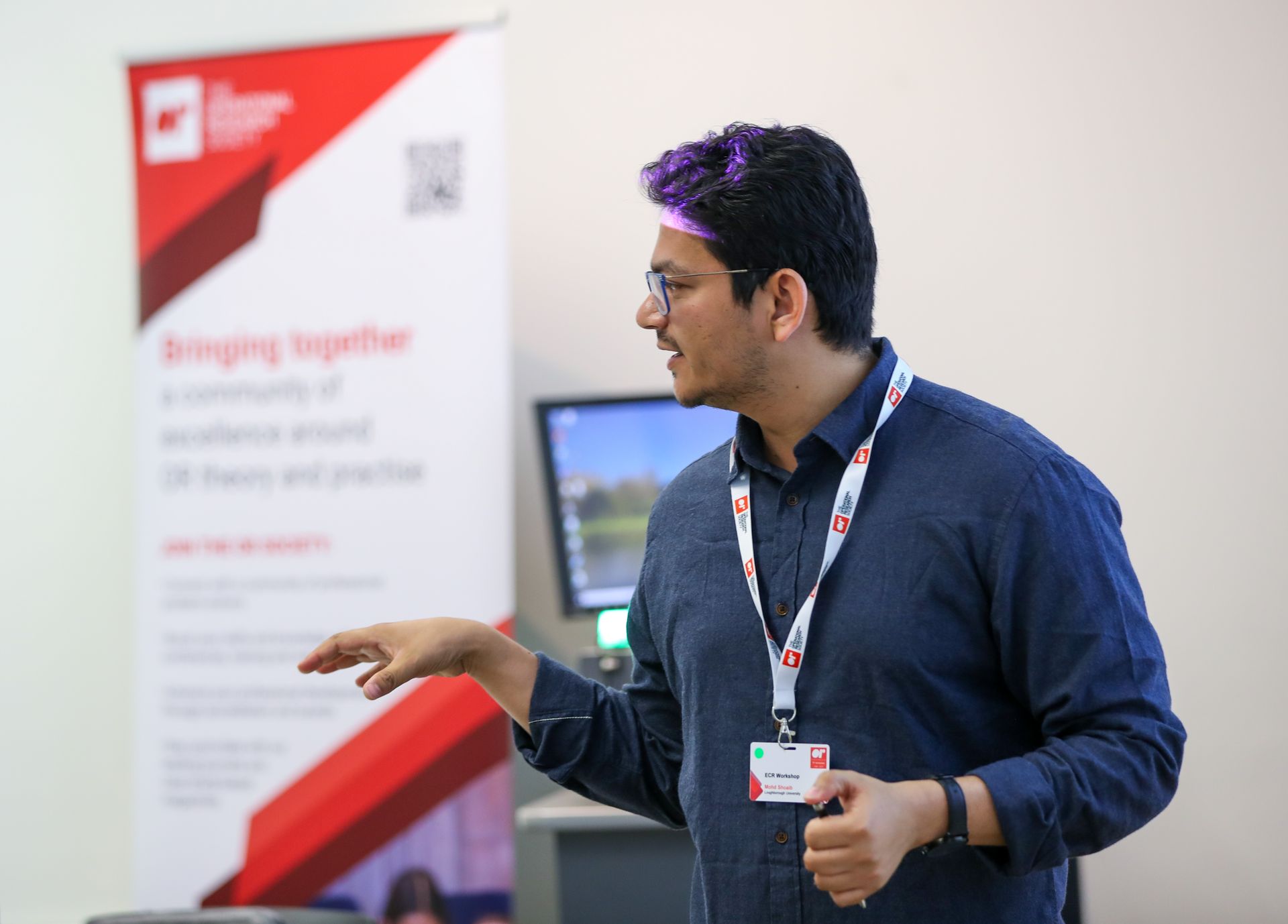
Two papers were presented at the conference by members of the ReMed Project team from the ‘Business and Operational Modelling’ work package. I (Mohd. Shoaib) presented my ongoing work with Prof Antuela Tako on modelling the supply and recovery chain representing the circular pathways of surgical tools. My presentation, titled ‘Towards Developing Business Models for Sustainable Use of Small Medical Devices in Healthcare’ was placed in the ‘Sustainable Development Goals’ track. Among others, I discussed how simulation modelling is intended to be used to take into account key performance measures (financial and environmental) and support the transition from the traditional linear economy to a circular one. The modelling of the supply chain involves tracing the journey of the surgical tools from manufacturer to disposal points and the introduction of different End-of-Life strategies to embed circularity within the system. I am excited to be working as part of the ReMed project because the insights developed from my simulation models have the potential to influence NHS decisions and policy in reducing waste and achieving NHS Net Zero targets.
Dr. Armando Vargas-Palacios, Co-Investigator of the ReMed Project, gave a talk on ‘Exploring the Circular Economy of Surgical Medical Devices: Environmental and Health Related Impact: A New Approach using Discrete Event Simulation.’ In the presentation, Armando spoke about the challenges faced by the NHS to transition from a linear approach to a circular one and how this component of the ReMed project can aid in defining the impact of that transition on the day-to-day operations of the NHS. The presentation showed how the simulation model can help with this task and discussed an initial schematic of the model and its capabilities. Armando showed how the model aims to trace the journey of the surgical tool from when is purchased by the NHS, delivered to the hospital, unpacked, sent to the surgical theatre, ward or clinic to be used and then disinfected to their final destination either to be recycled, repurposed, refitted or disposed of. The simulation also includes the potential impact on the patient’s treatment and health implications. This work is led by Dr Armando Vargas-Palacios and is being developed by
Dr. Ramzi Fayad, Research Associate within the ReMed team, based at the University of Leeds.
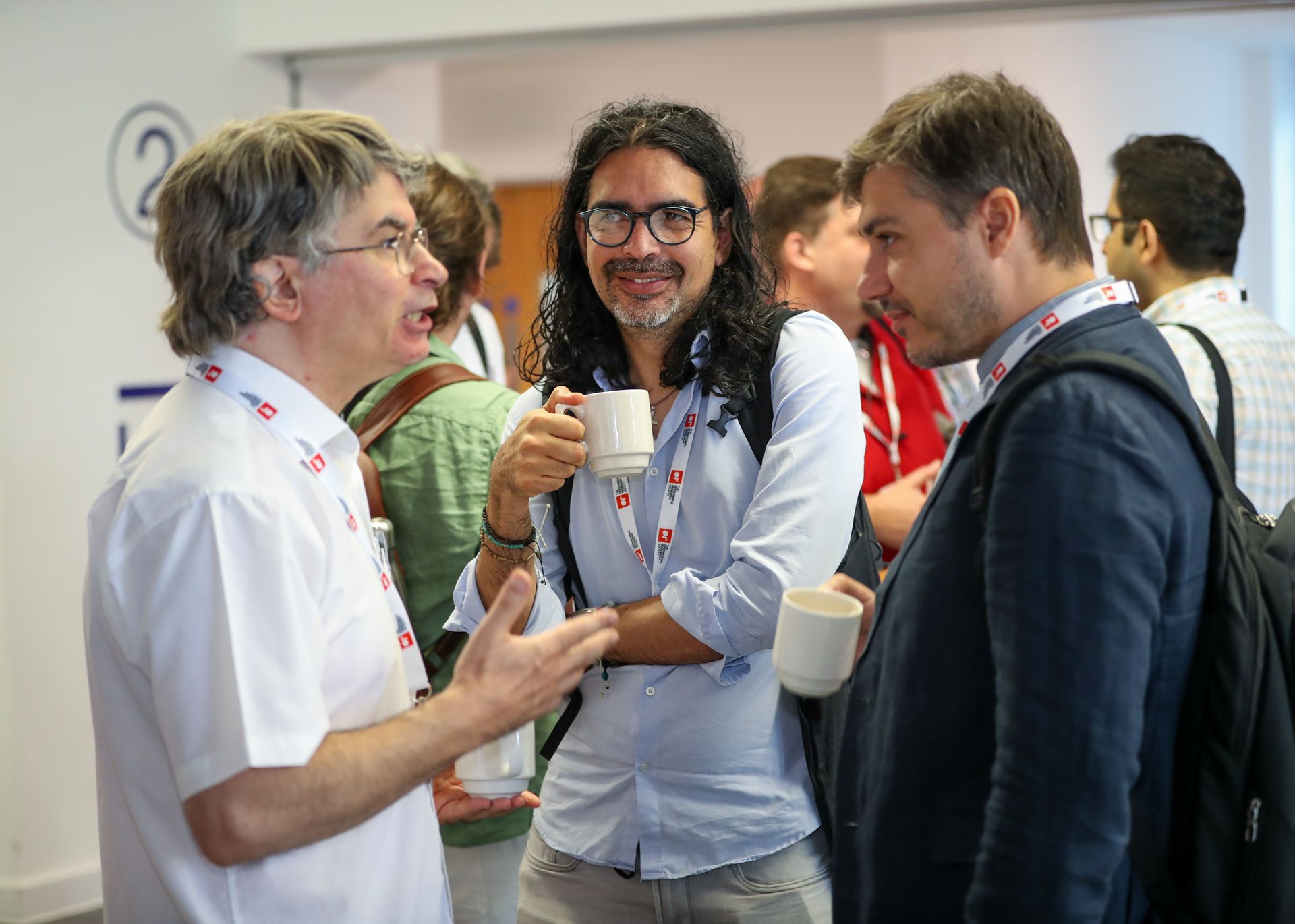
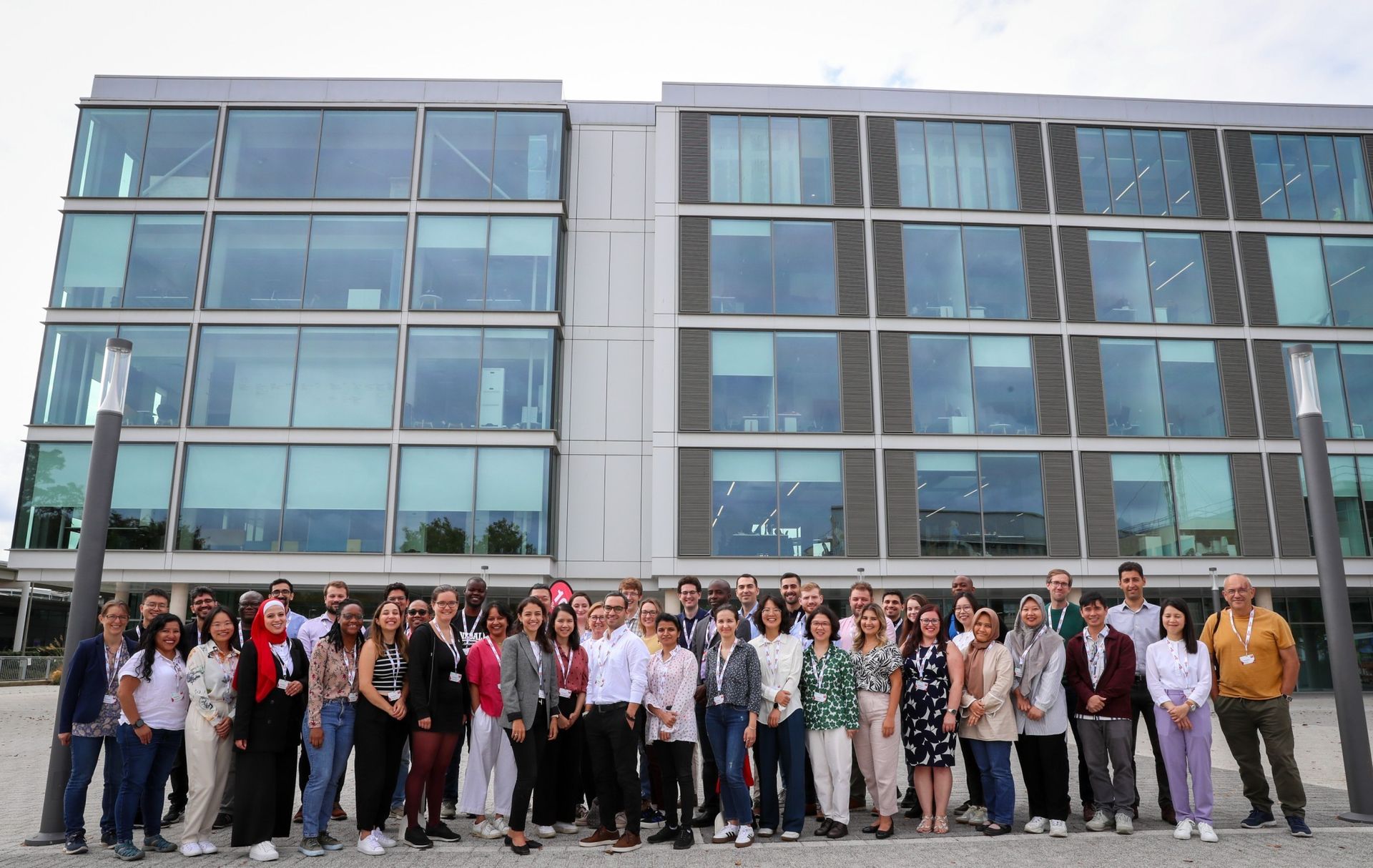
In addition to the intellectually invigorating sessions, the conference also offered delegates a social programme, including a guided walking tour of the historical city of Bath, which was a delightful experience. The guided tour offered a cultural and historical perspective of the mesmerising Georgian-era architecture, including the famous Crescent, the Circus, and the Roman Baths to name a few. The gala dinner at the Pump Rooms was a very enjoyable and relaxing experience. The gala dinner offered an opportunity to meet new contacts, with whom I had engaging conversations, and gave me a chance to know more about the activities of the UK’s Operational Research Society..
Overall, the OR65 Conference was a resounding success that brought together different research ideas, interests, and perspectives. It underlines the importance of scientific research and the role of OR in solving complex real world problems.
The slides presented by the ReMed researchers can be accessed here:
Mohd. Shoaib 'Towards Developing Business Models for Sustainable Use of Small Medical Devices in Healthcare'.
Dr Armando Vargas-Palacios 'Exploring the Circular Economy of Surgical Medical Devices: Environmental and Health Related Impact: A New Approach using Discrete Event Simulation'.





